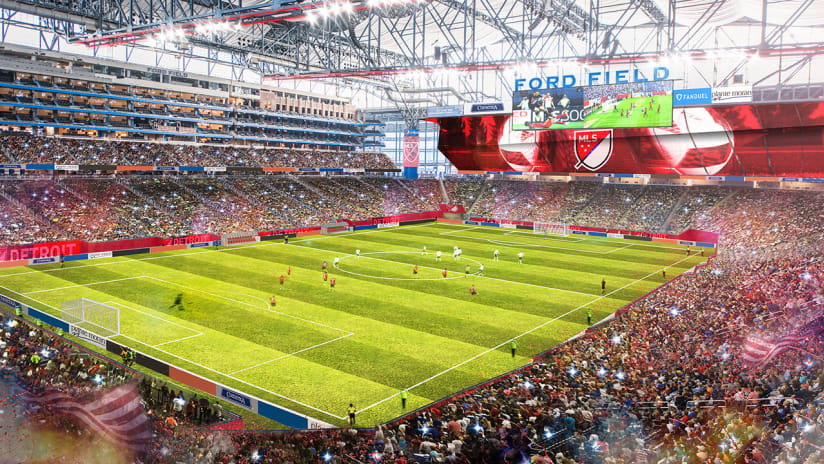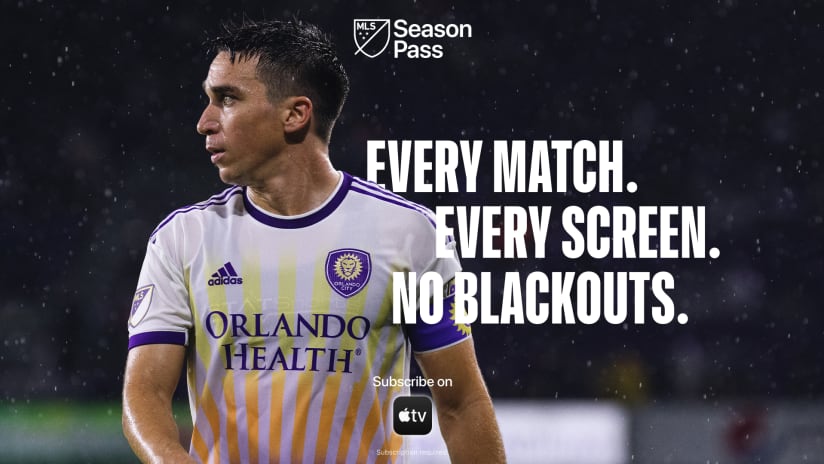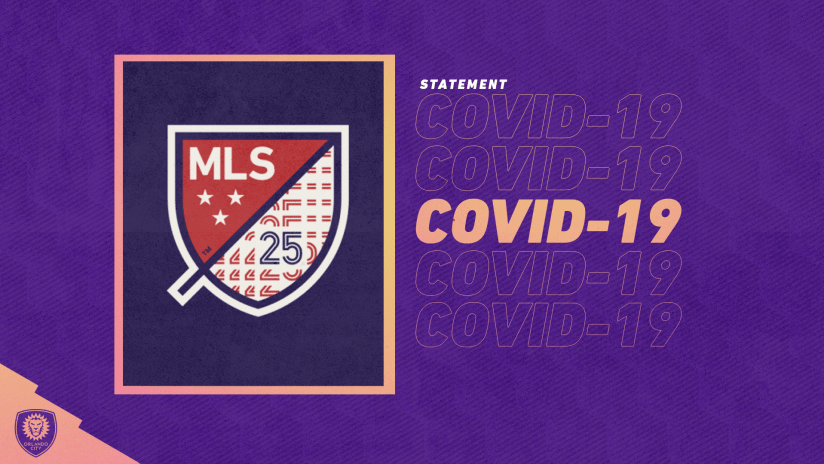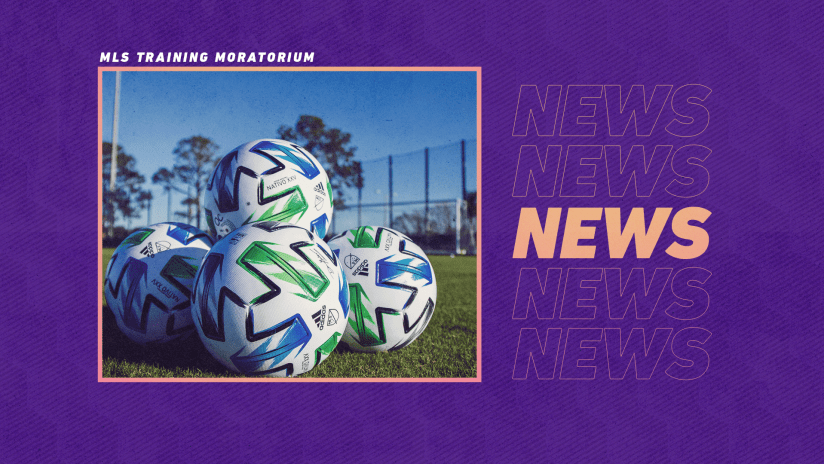The 12-city competition to become Major League Soccer’s 24th and 25th clubs has now been trimmed to four as Cincinnati, Detroit, Nashville and Sacramento vie to become MLS expansion franchises. Each expansion hopeful has made its case to become a coveted member of the league, but just two will be awarded MLS status in this round of expansion. Owners and officials representing each finalist club will make their final presentations in front of Commissioner Don Garber and the MLS Expansion Committee on Dec. 6 in New York City.
Here’s a look at what each city has done to get to this point.
Cincinnati
Hype surrounding FC Cincinnati reached new levels in 2017. The USL club made a historic run to the Lamar Hunt U.S. Open Cup Semi-final round, where it narrowly fell to New York Red Bulls after holding a lead for a period of the match. Not only did FC Cincinnati prove it could compete with a MLS-caliber side, the match drew a sellout crowd of 35,061 to Nippert Stadium -- proving the city’s appeal as a soccer market.
The critical step for Cincinnati is to finalize a soccer-specific stadium plan for its potential MLS club. The current stadium deal has just over half the funding coming from the club’s ownership group, with the city of Cincinnati potentially offering up the outstanding funds to finalize a deal. This will surely be a primary topic of FCC’s final presentation in New York.
Detroit
The financial backing of NBA owners Dan Gilbert (Cleveland Cavaliers), Tom Gores (Detroit Pistons) and the prestigious Ford family is a significant piece to the puzzle for Detroit. The potential to finance a competitive MLS club in Detroit surely catches the attention of Garber and MLS officials, but it’s not all about the money.
Originally, Gibert and Gores unveiled plans for a billion-dollar development in downtown Detroit. However a few weeks ago the ownership group decided it would plant a potential MLS team in the Detroit Lions’ Ford Field. The newly renovated Ford Field would be a similar set-up to that of Atlanta United and the Atlanta Falcons -- who share Mercedes-Benz Stadium in downtown Atlanta. A potential MLS club sharing Ford Field with the Lions is conceivable, but probably not ideal from the standpoint of the MLS Expansion Committee -- which has established the importance of including soccer-specific stadium plans as part of expansion bids.
Sacramento
Sacramento Republic has been widely successful since entering the fray as a USL club in 2014. Similar to pre-MLS Orlando City, Republic went on to win the USL title and establish itself as a popular brand in its geographical area. Sacramento Republic filled its stadium to capacity with 11,500 fans per game for its 2017 season and the club houses its own development academy program.
From an outside perspective, everything seems to be shaping up for Sacramento to finally earn a spot in the top tier of American professional soccer. However majority owner Kevin Nagle can’t fund this project himself; Nagle needs investors and financial support from potential partners in the greater Sacramento area -- which he has been actively pursuing.
Nashville
Music City possesses all the ingredients to support a club in MLS. Nashville SC is set to play its inaugural USL season in 2018 as the brand-new club seems to be gaining more and more leverage with the MLS Expansion Committee.
A new stadium deal announced in October put Nashville in the limelight, as majority owner and Nashville native John Ingram has committed to making professional soccer happen in his hometown. The $275 million stadium deal is contingent upon Nashville SC being awarded as an MLS franchises. With no history of professional soccer team support to reference, Nashville SC is relying on the monumental stadium deal and the commitment from the city to earn a spot in MLS.





